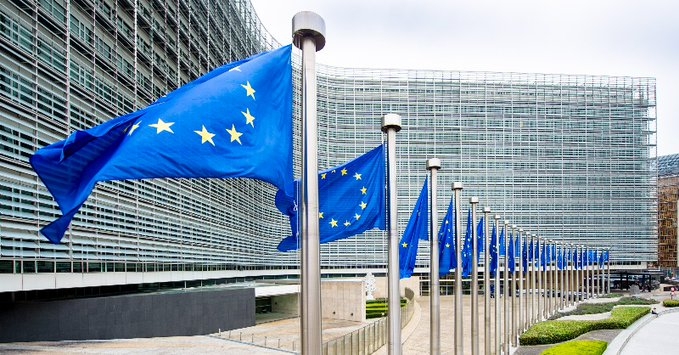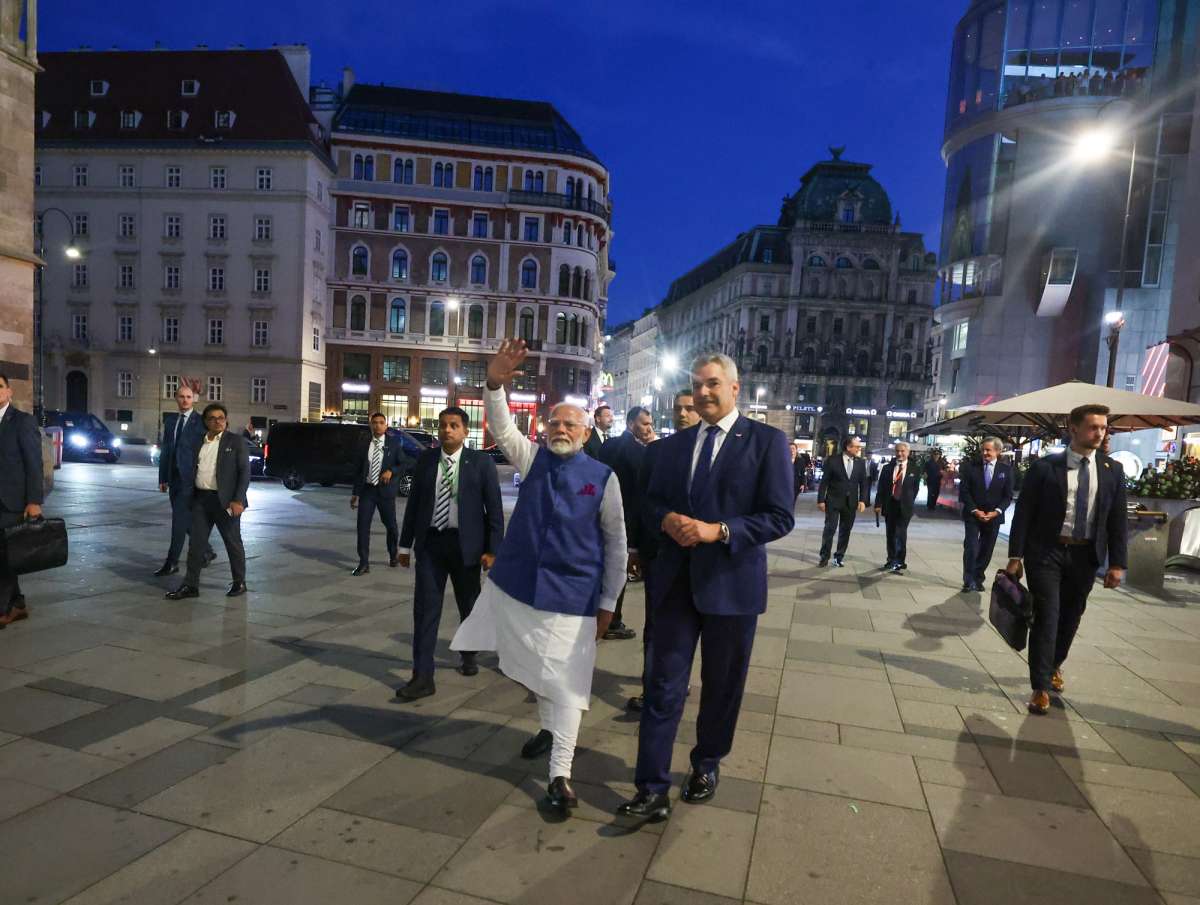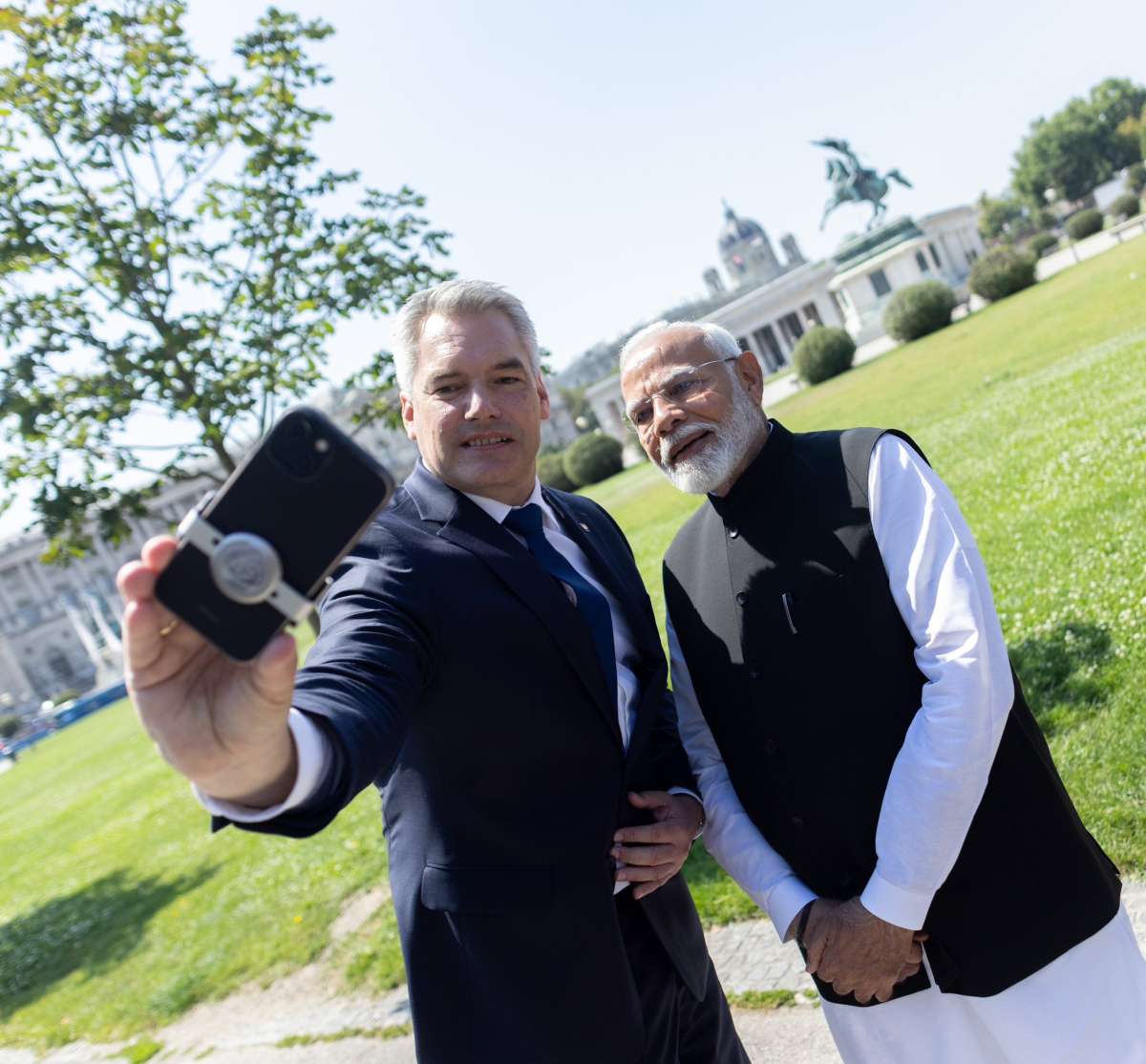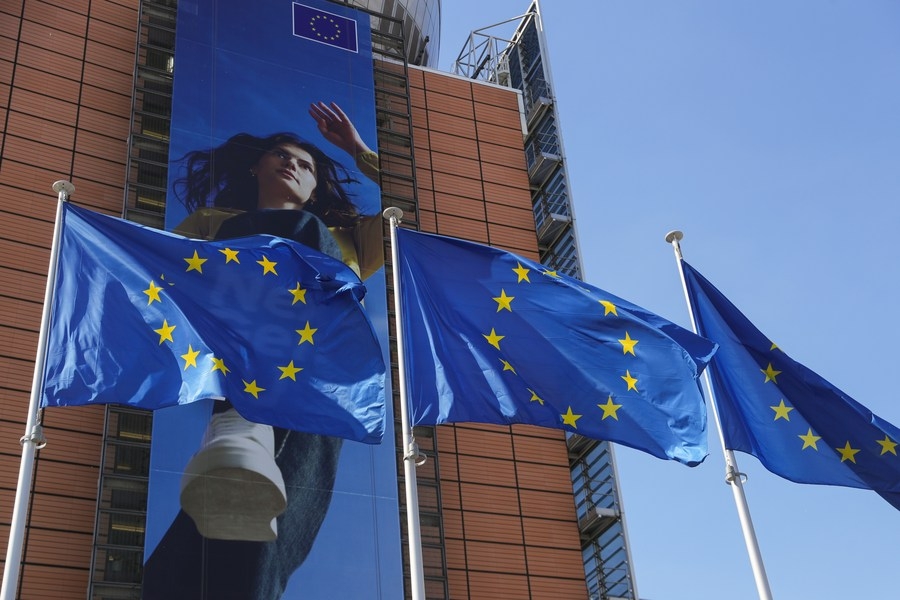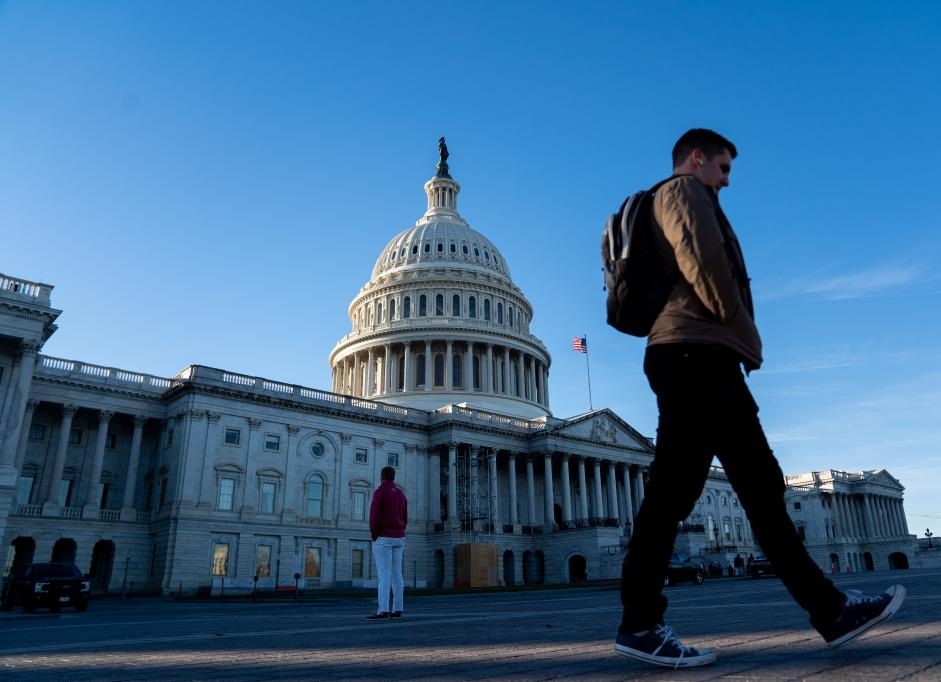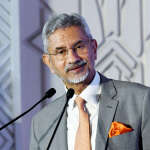The European Commission, in charge of assessing Schengen candidacies, has said the two countries are ready to become part of the passport-free area since at least 2011…reports Asian Lite News
Austria has blocked the accession of Romania and Bulgaria into Schengen, the passport-free area that has abolished border checks between the vast majority of EU member states.
The Netherlands supported Romania’s bid but opposed Bulgaria’s.
Croatia, however, received unanimous backing and will join the Schengen Area as of January 2023.
The votes took place in Brussels on Thursday afternoon during a high-stakes meeting of interior ministers.
Romania and Bulgaria “are fulfilling all the requirements. They have been waiting for a long time. The citizens of Bulgaria and Romania deserve to be fully part of the Schengen area,” Ylva Johansson, European Commissioner for home affairs, said after the meeting.
“I thought, actually, that we would have the decision today. So, I think that today is a day of disappointment.”
The negative conclusion, which was widely expected, represents a painful political defeat for both Romania and Bulgaria, who joined the European Union six years before Croatia.
The European Commission, in charge of assessing Schengen candidacies, has said the two countries are ready to become part of the passport-free area since at least 2011.
The executive released another unconditional endorsement just last month, while the European Parliament passed a new resolution denouncing the exclusion as “discriminatory.”
Over the past few years, countries that were previously opposed to Schengen enlargement, such as Finland, Denmark, Sweden and Belgium, softened their positions, increasing the odds of a positive outcome.
France and Germany, the bloc’s most influential states, voiced their support for Romania and Bulgaria this year.
But none of this was enough to overcome the Austrian and Dutch reticence.
As Schengen accession requires unanimity, the small minority managed to block the whole process. The debate on Thursday took “longer than expected,” said an EU diplomat, describing “certain bitterns in the room” once the result became clear.
Austria’s opposition, which has surprised many in Brussels as it only emerged in recent weeks, is based on a new influx of asylum-seekers through the Western Balkan route.
“The system is currently not working. Austria got (this year) more than 100,000 illegal border crossings, 75,000 of them not registered, although we are inland country, in the middle of Europe – in the middle of the Schengen countries,” said Austrian Interior Minister Gerhard Karner.
“The system doesn’t work. This means that we first have to significantly improve the system at this point. Therefore, I am in favour of postponing the vote and including these countries accordingly”.
Bucharest has vehemently countered Vienna’s claims, arguing Romania is not part of the Western Balkan route and that several reports issued by the European Commission and fact-finding missions of experts have proven the country is well prepared to manage its external borders.
Frontex, the EU’s border control agency, does consider Romania and Bulgaria to be part of the Western Balkan route, a spokesperson told Euronews. In the first 10 months of this year, the path has seen more than 128,000 border-crossing incidents, a 168% rise compared to the same period in 2021.
For its part, the Netherlands voted against Bulgaria’s accession bid over what it calls unaddressed rule-of-law concerns and pending pieces of legislation to tackle corruption and organised crime.
Bulgaria, which has had a caretaker government since August after a series of inconclusive elections, challenged these claims and said the opposition was unrelated to the Schengen criteria.
“Two member states expressed reservations but they don’t have any particular concerns with relations to Schengen,” Bulgarian Interior Minister Ivan Demerdzhiev said at the end of the meeting, noting his country was ready to take the “necessary steps” to convince its skeptical partners.
“The argument of Austria is that Schengen is not working and we must unite our efforts to make Schengen work as it has to, and then enlarge it with Bulgaria and Romania. Until then, Bulgaria is not responsible for the internal problems in Austria.”


